
#01 - Darning as Repair

#02 - Dear World's Largest Ball of Twine

#03 - Ephemera
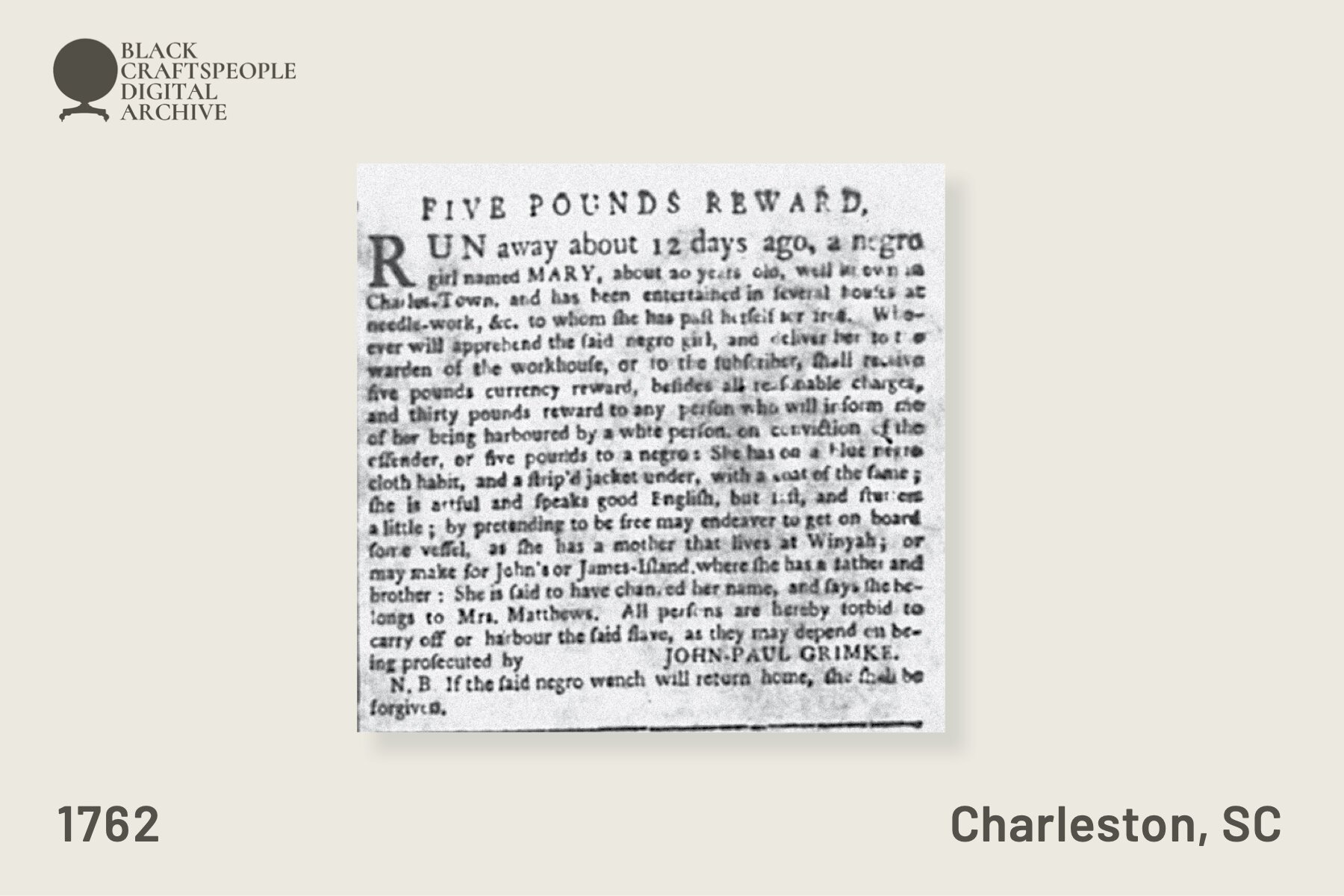
#04 Black Craftspeople Digital Archive: Mary
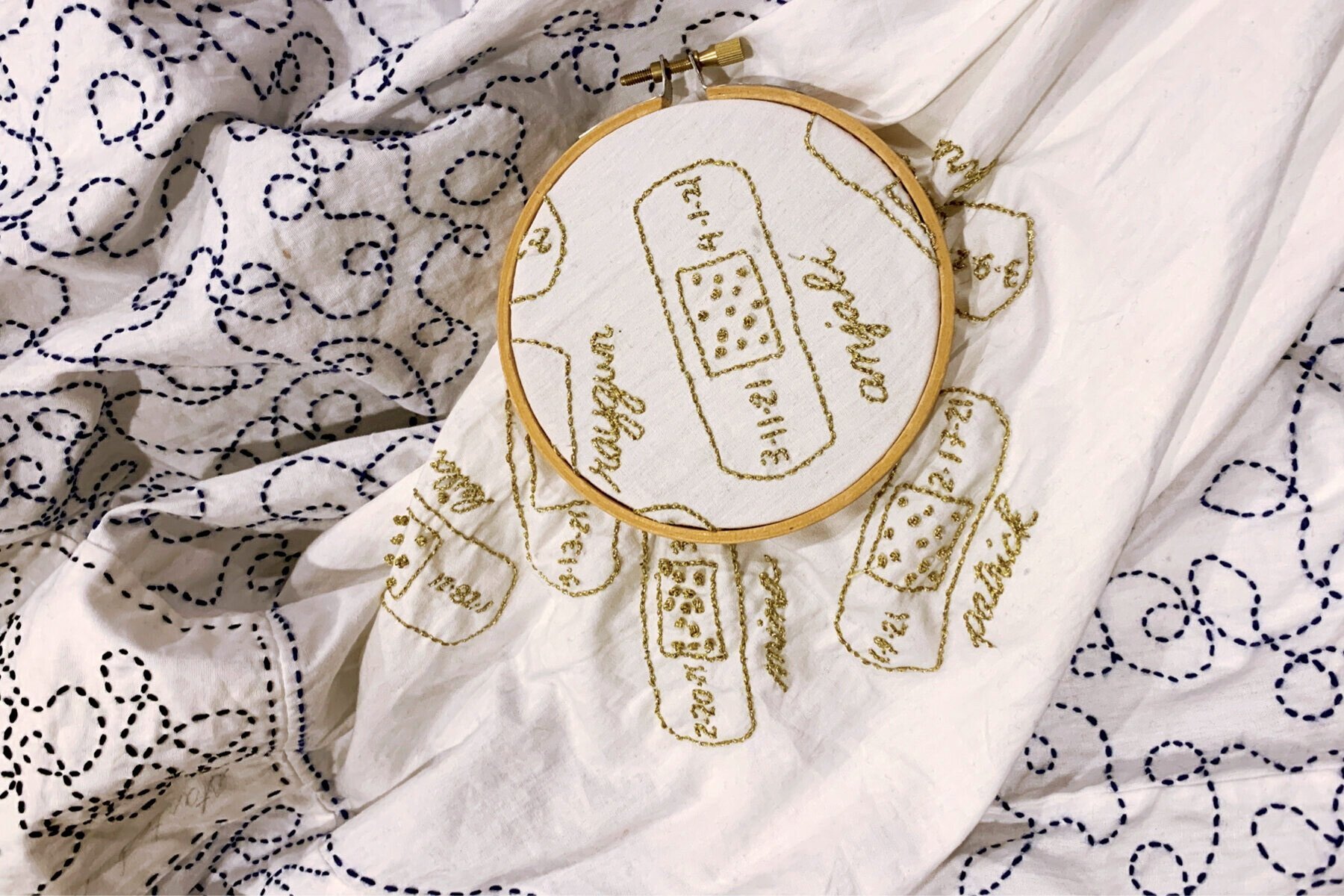
#05 - Taking a Line for a Walk
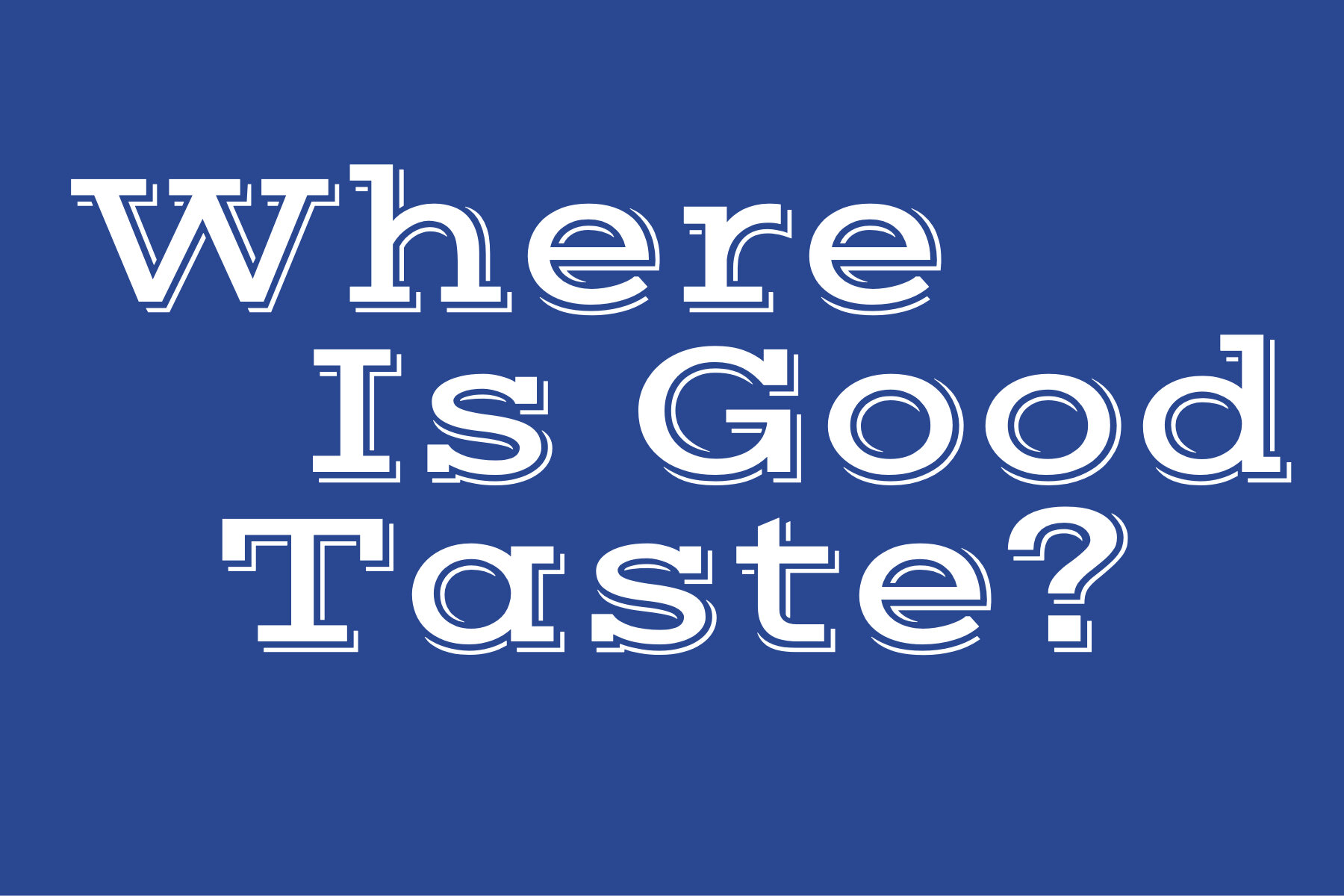
#06 - Where is Good Taste?

#07 - Transmission of Craft Knowledge, Part 1
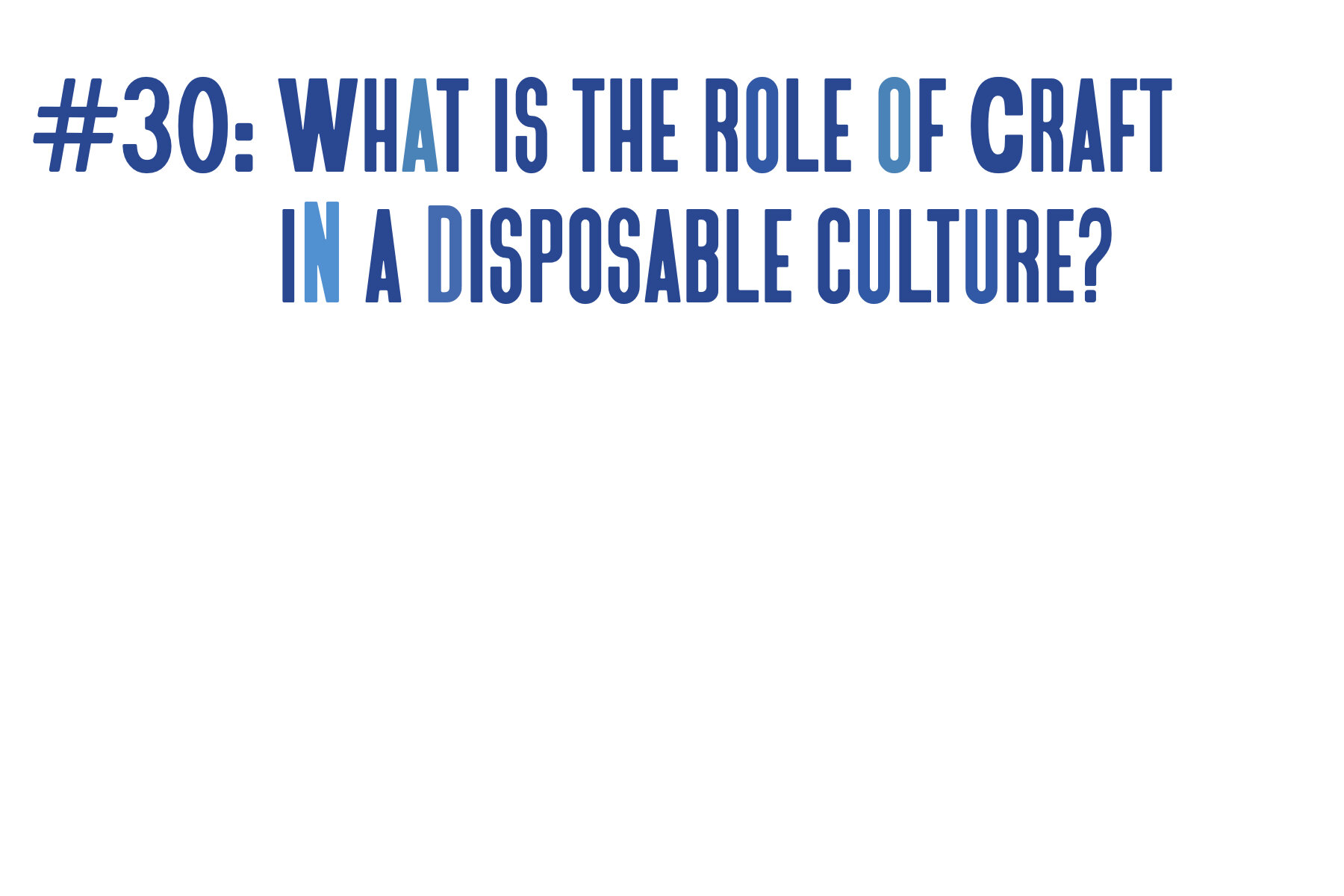
#08 - Questions (#30)

#09 - Break, Rebreak, Re-repair

#10 - How to Cut the Crease

#11 - Immersed in Indigo

#12 - Black Craftspeople Digital Archive: John "Quash" Williams

#13 - Thoughts on a Lovespoon
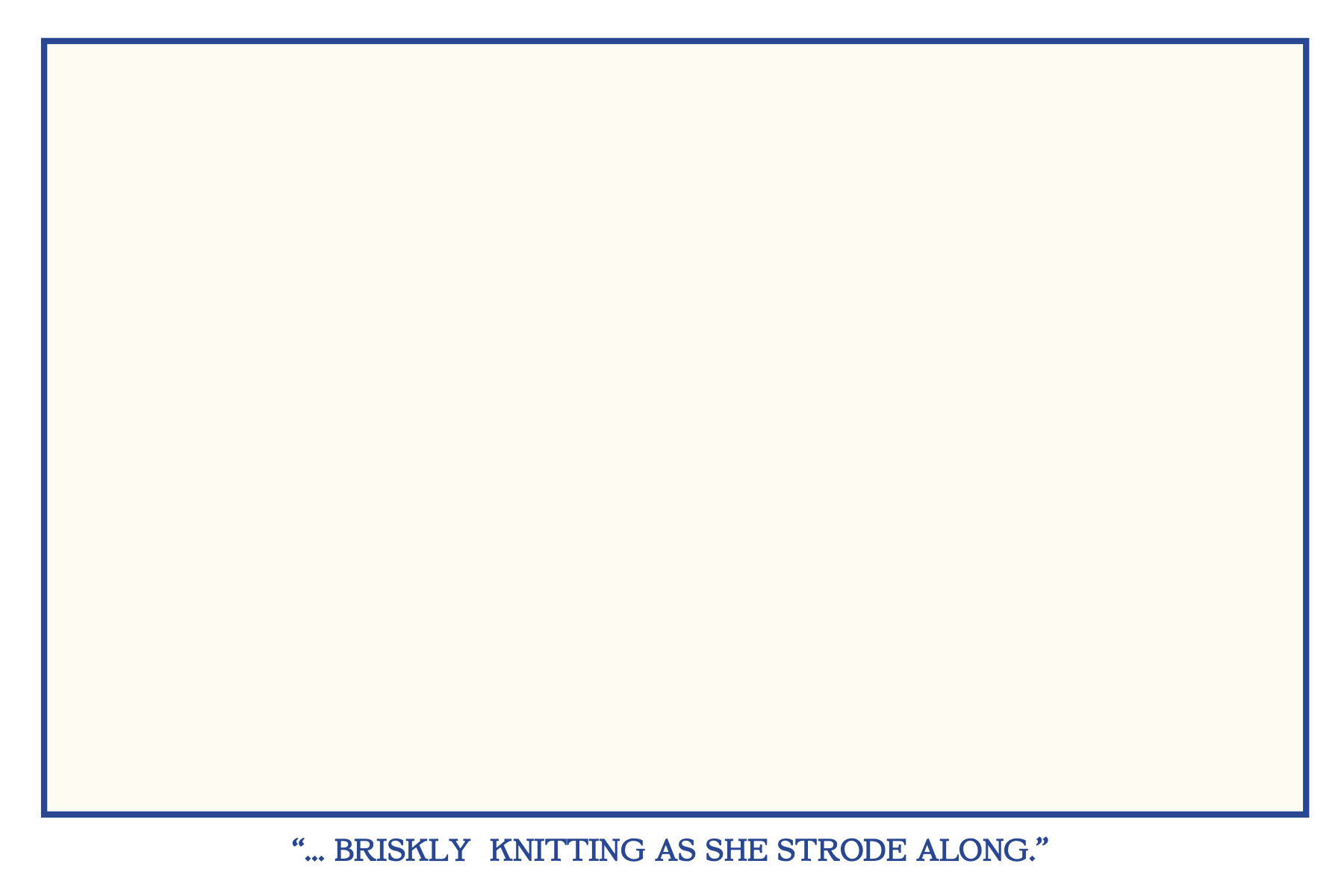
#14 - Transmission of Knowledge, Part 2

#15 - In This Very Spot

#16 - Snow Goggles
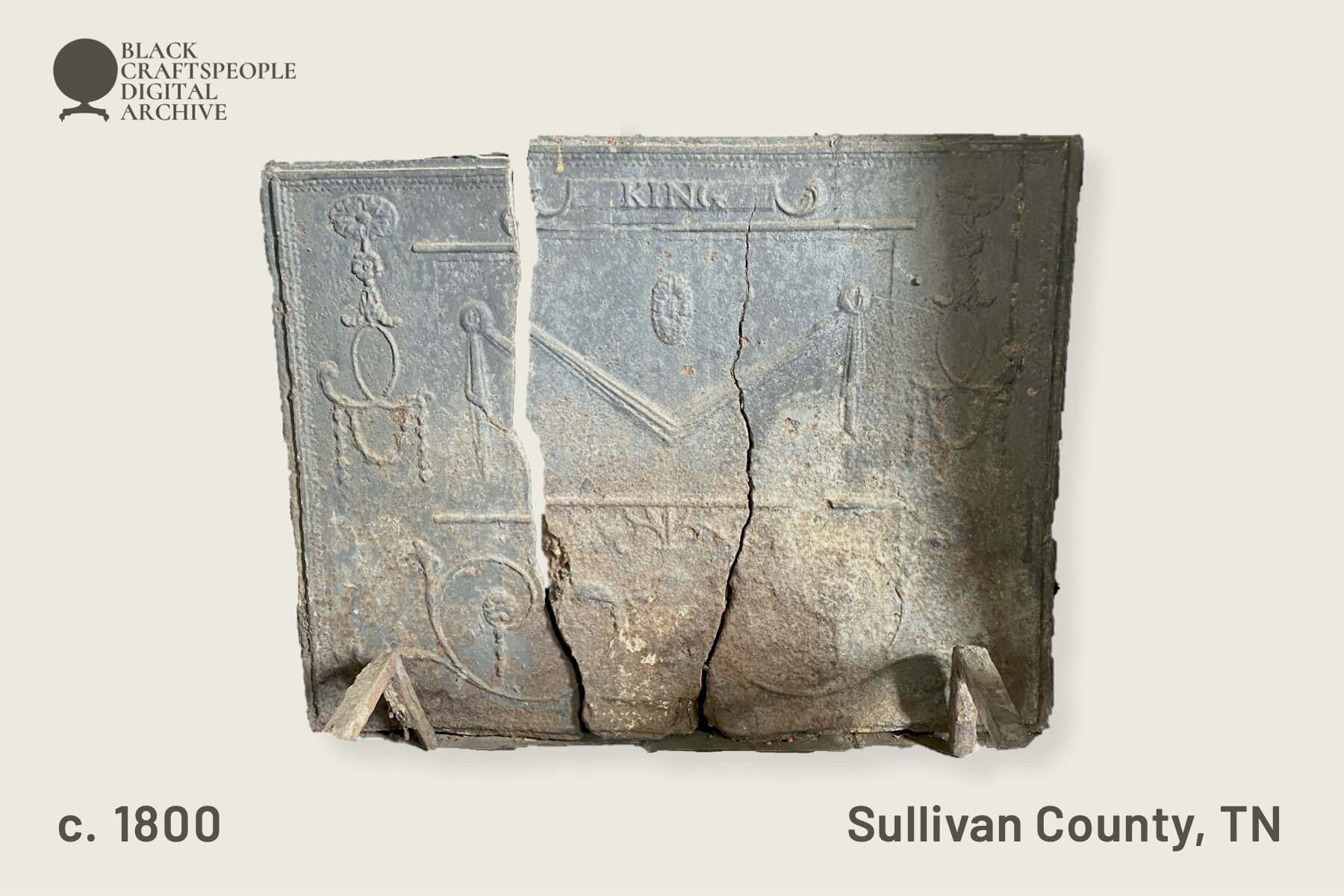
#17 - Black Craftspeople Digital Archive: Cast Iron Fireback

#18 - Questions (#41)

#19 - Did You Know?

#20 - The Sheets: a Pandemic Landscape

#21 - Flax Seed to Sheet

#22 - Woven Paper Bookmark

#23 - Redefining Southern Art at the Gibbes

#24 - Black Craftspeople Digital Archive: New Salem Baptist Church

#25 - Transmission of Knowledge, Part 3
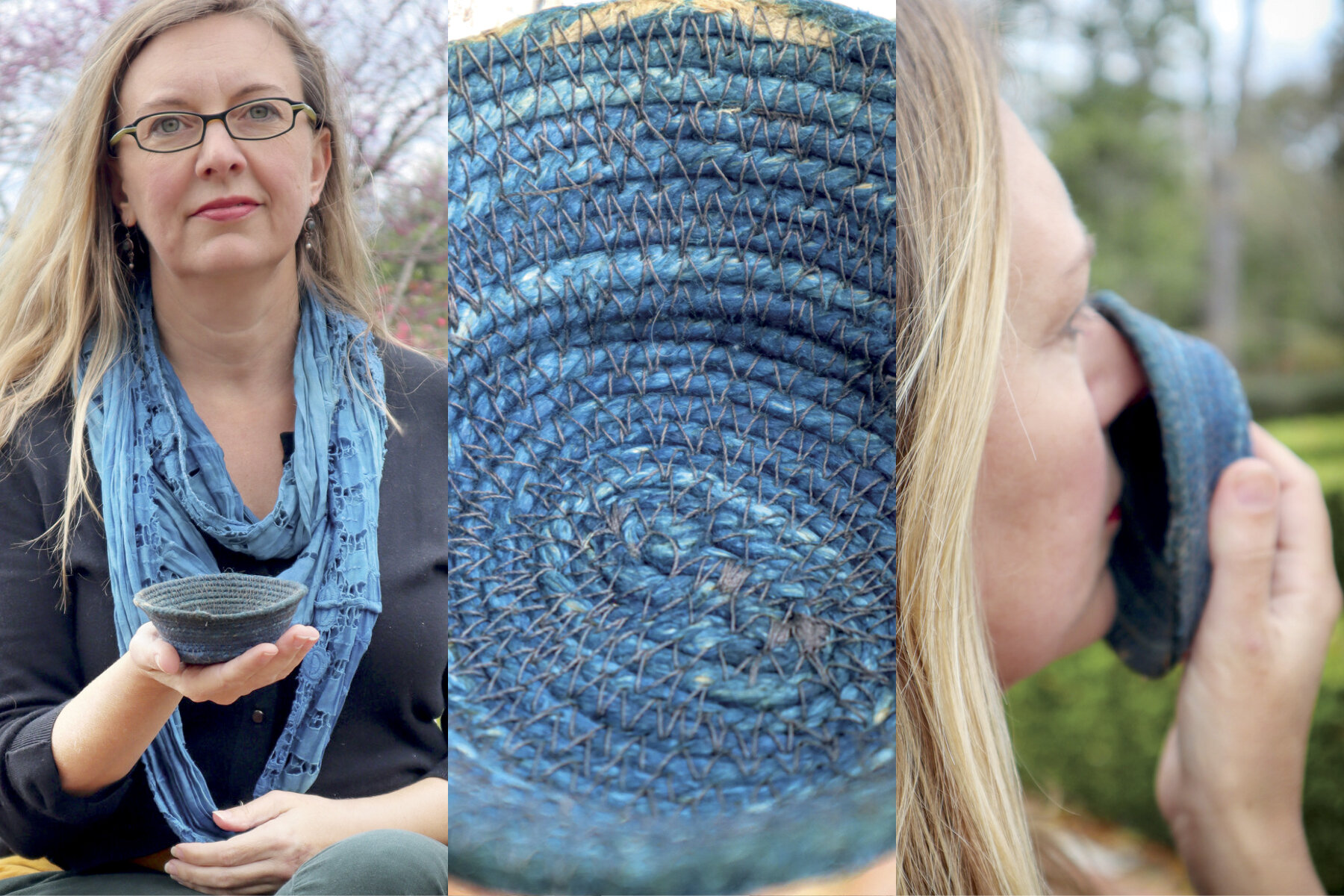
#26 - Identity of a Vessel

#27 - Choose a Friend

#28 - Sliced Book Stack
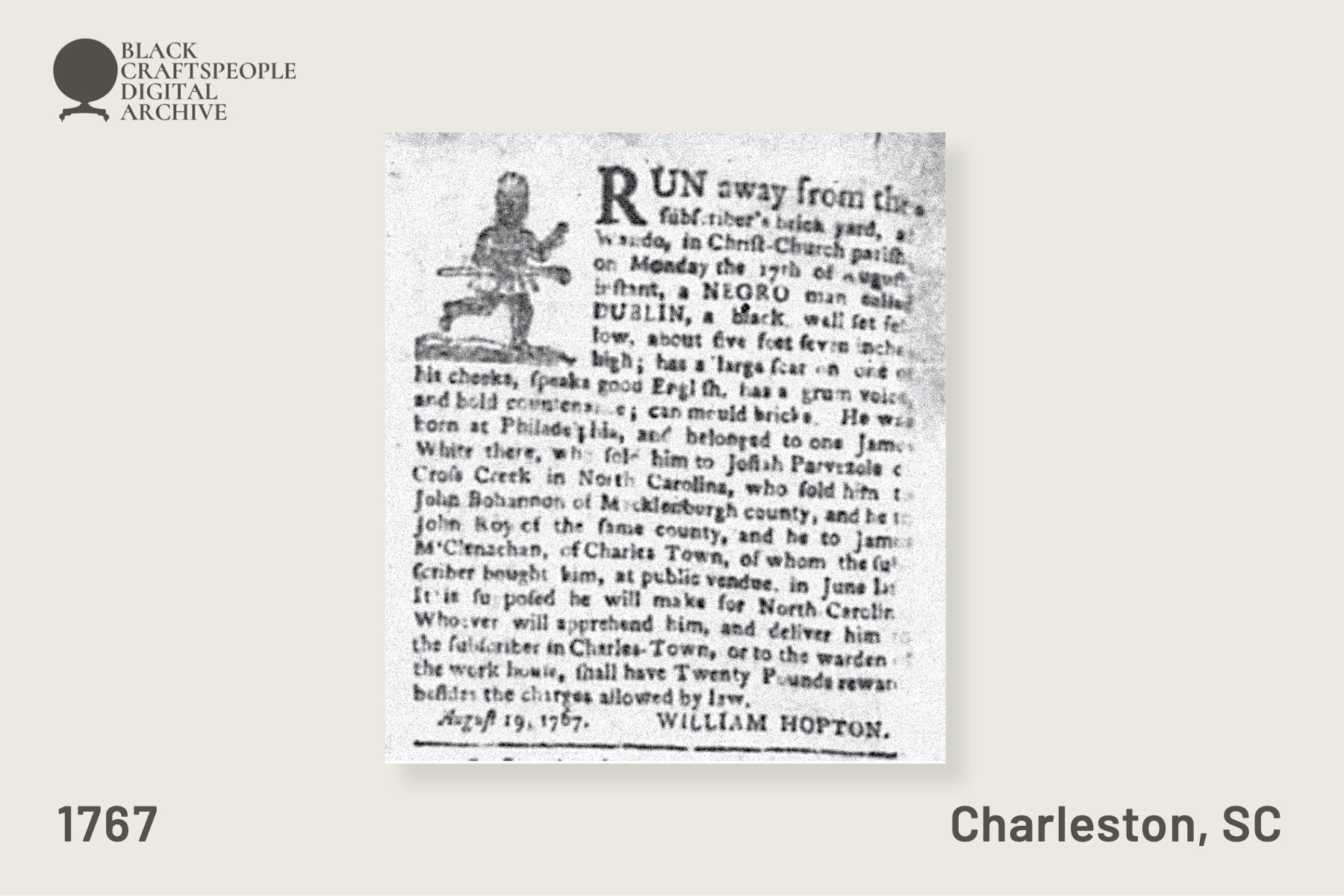
#29 - Black Craftspeople Digital Archive: Dublin

#30 - Make a pendant

#31 - Black Craftspeople Digital Archive: Contribute

#32 - Questions (#04)
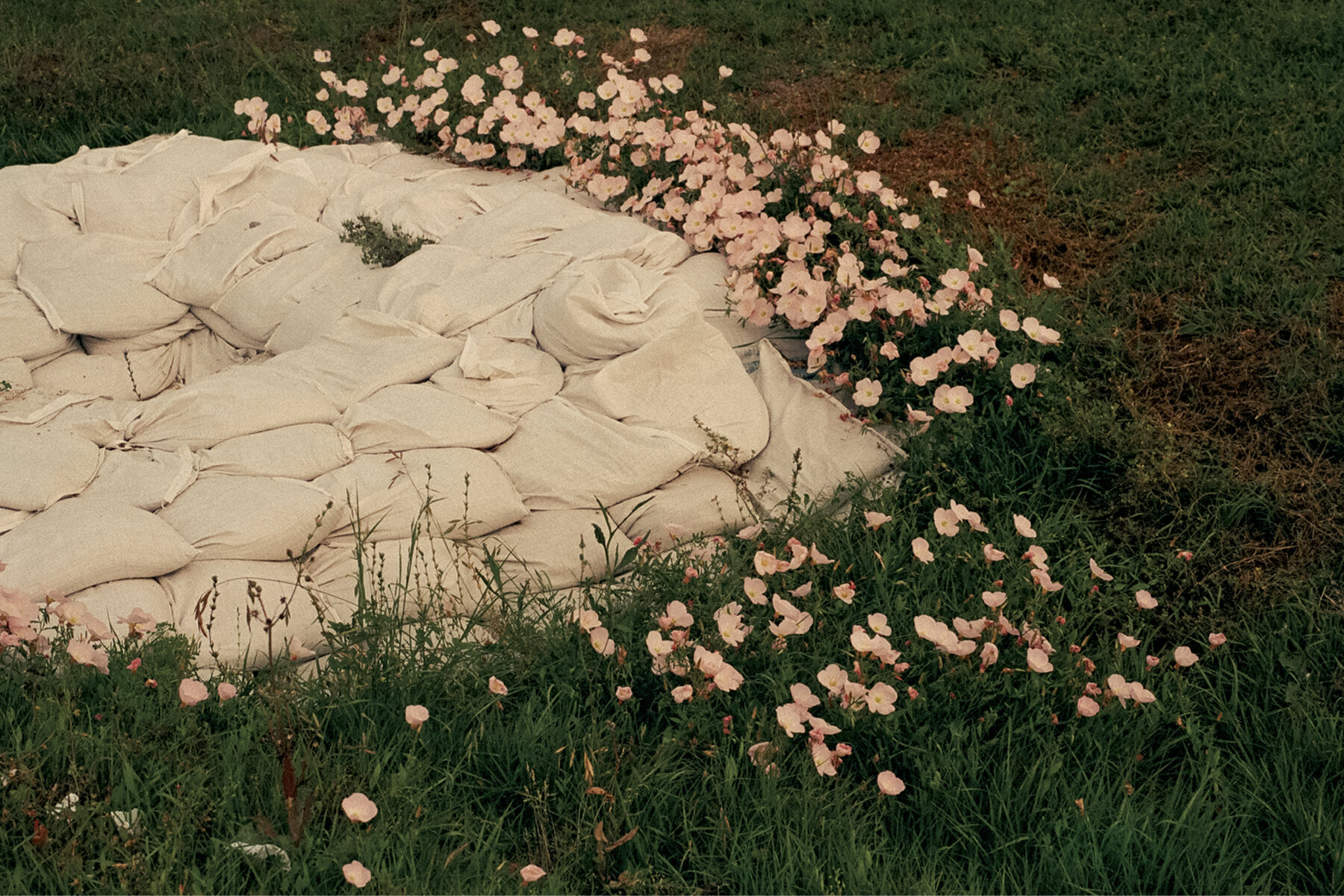
#33 - How to Make a Barricade

#34 - Inquiry as Practice

#35 - Cresting the Wave

#36 - Bio: Heather K. Powers
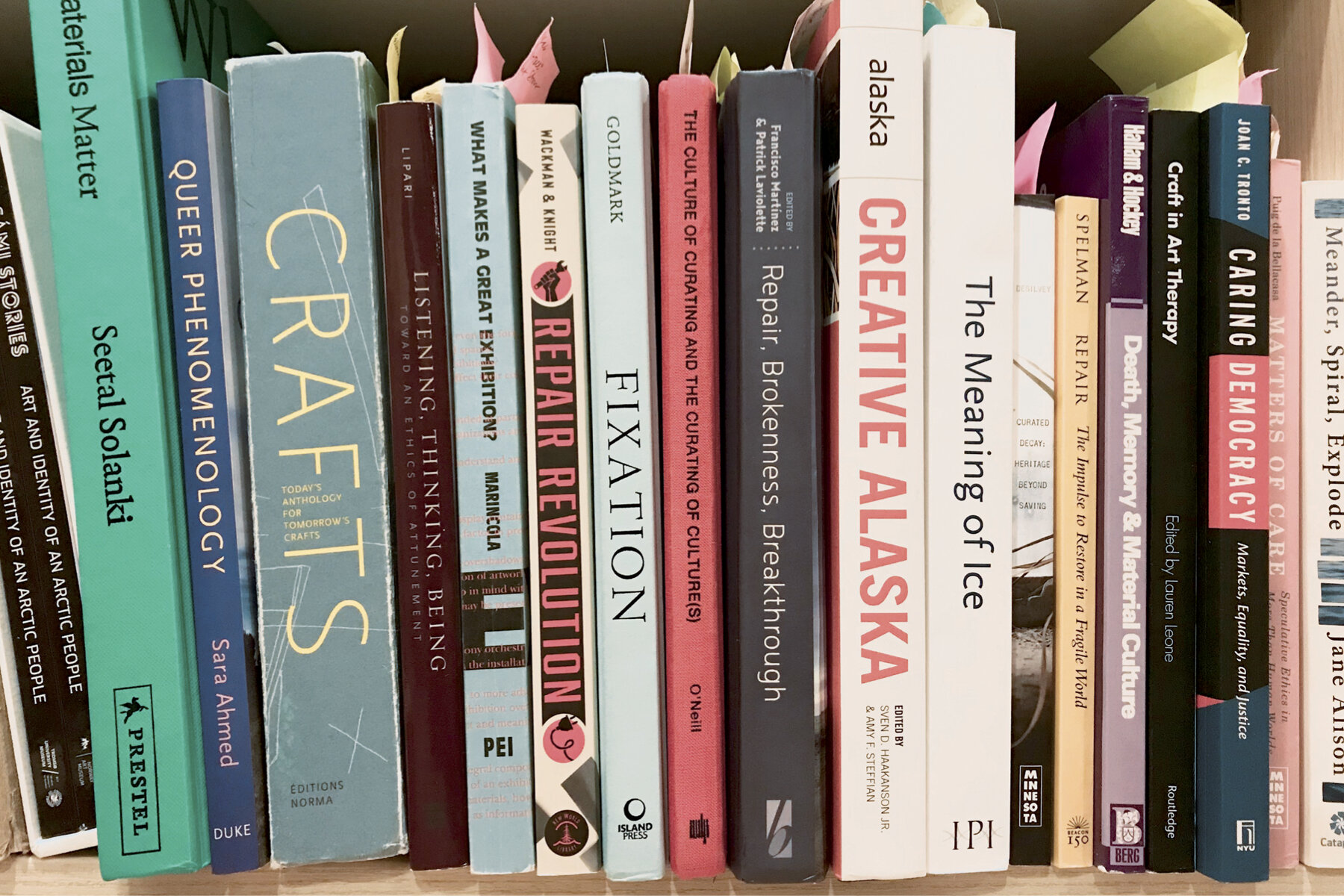
#37 - Bio: Amy Meissner

#38 - Bio: Mellanee Goodman
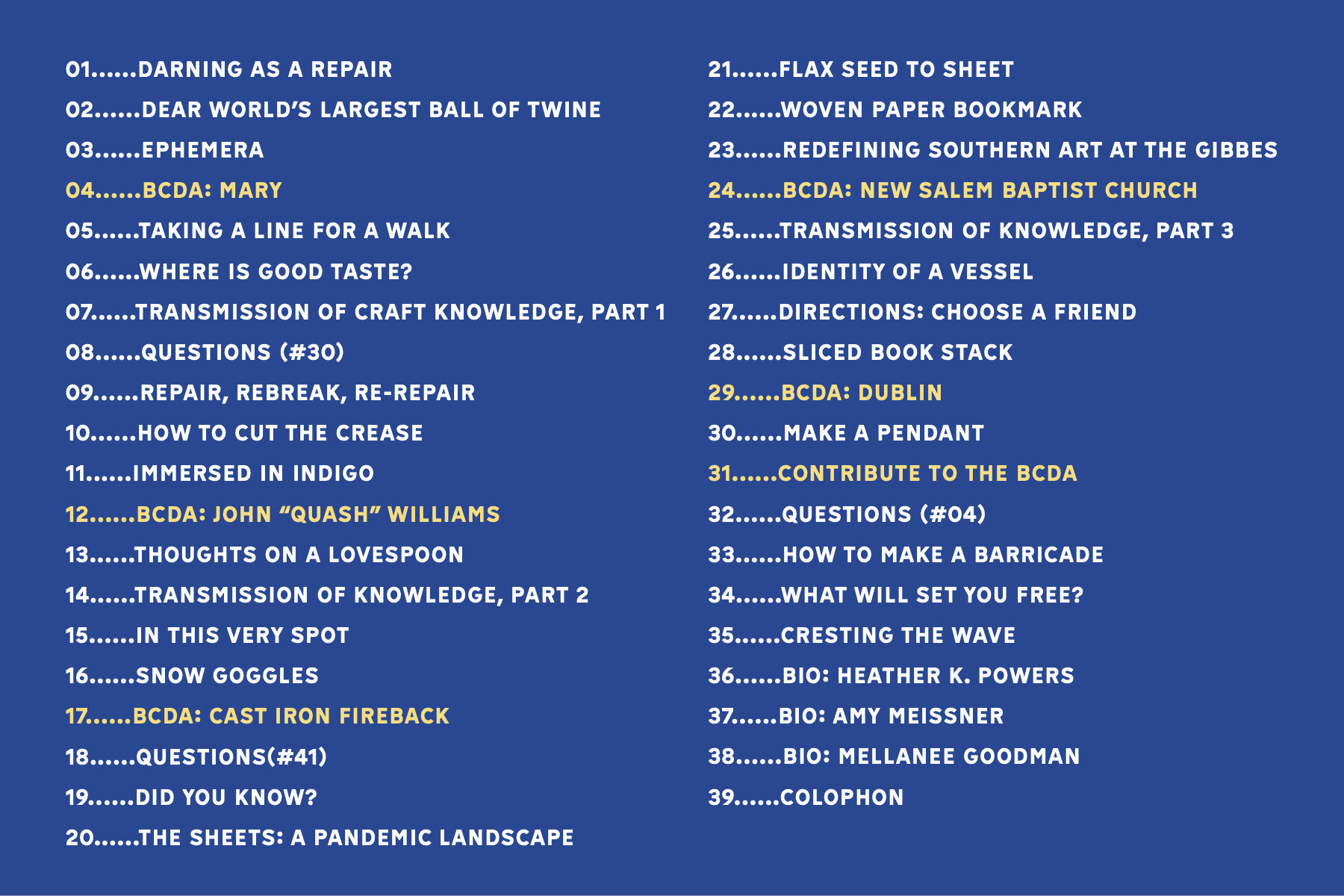
#39 - Colophon
to:
Craft
to : Craft, the publication project of the 2021 graduating class, celebrates sensorial relationships with material and making, and acknowledges questions of systemic social bias by focusing on nondominant voices. Delivering and dispersing our work via postcards aspires to scatter ideas widely: an act of nourishing and seeding the landscape of craft. Welcome!
Preface
to : Craft is the publication project of the 2021 graduating class of the Critical Craft Studies MA Program at Warren Wilson College. This project shares select resources, research, and lessons learned during our own course of study, but also includes contributions from the 2022 Cohort and invited faculty. The various postcards feature sensorial relationships with material and making, as well as acknowledge tough questions of systemic social bias by focusing on nondominant voices.
As a form of resistance to academia's prevailing closed power structures, which we are part of, our cohort chose an open-ended format for this publication. Delivering and dispersing our work via postcards aspires to scatter ideas widely: an act of nourishing and seeding the landscape of craft. Postcards exist in a system of gifting, receiving, responding, and re-gifting. They are tactile and social, and communicate ideas horizontally. Their mode is personal and interpersonal. Their circulation is intentional, accreting layers of meaning as they move across time and place.
We invite postcard recipients to join in this endeavor by sharing content and participating in various activities, whether by making, or by responding to or ruminating on posed questions. We envision that you, too, are curious about craft materials and practice, feel a connection to the place where your feet hit the ground, and feel compelled to further seed these ideas throughout your community and beyond.
Like postcards, our respective research projects are sometimes situated in the places where we live.
Cordially yours,
Amy, Heather, and Mellanee
**
Alaska artist Amy Meissner is researching the craft of repair, its migration between generations and across distances, and how the act of repairing objects results in connected narratives between people in the fragile landscape of the Circumpolar North.
Heather K. Powers, a fiber artist living and working in the southeastern US, approaches her research through close observation of practices as experienced through her engagement with situated and material stories of textile making.
Craft practitioner Mellanee Goodman is located in Asheville, North Carolina. Her research centers on Black craftswomen from 1850–1910 through an exploration of their crafts(wo)manship during enslavement and post-emancipation.
Contributors
Shannon Donohue - #27
Mellanee Goodman - #06, 07, 14, 19, 25, 32, 38
Kat Gordon - #15
Laurin Guthrie - #33
Lexie Harvey - #03
Kate Hawes - #13
Colleen Hoesch - #28
Lisa Jarrett - #34
Maru Lopez - #30
Kae Lorentz - #10
Amy Meissner - #01, 08, 09, 16, 20, 37
Tiffany Momon and the Black Craftspeople Digital Archive - #04, 12, 17, 24, 29, 31
Melissa Potter - #21
Heather K. Powers - #11, 18, 22, 23, 26, 36
Jay Roberts - #35
Sara Tabbert – Preface (Print version only)
Joni Van Bockel - #02
Namita Gupta Wiggers - #05
Acknowledgements
The cohort’s acknowledgements
Amy Meissner, Heather K. Powers & Mellanee Goodman
The 2021 Cohort would like to extend its deepest gratitude to the many who have impacted our experience in the Critical Craft Studies program at Warren Wilson College. This constellation of people has generously provided time, dedication, resources, and tools to not only begin but also continue our ongoing craft research. In particular we wish to acknowledge the core faculty who provided the foundation to support our journey: Ben Lignel, Tom Martin, Linda Sandino, Yasmeen Siddiqui, Shannon Stratton, and, last but not least, Program Director Namita Gupta Wiggers.
Special thanks for the ongoing conversation and thoughtful resources supplied by our fabulous mentors each semester: Sara Archer, Sara Clugage, Julie Decker, Cynthia Greenlee, PJ Gubatina Policarpio, Julie Hollenbach, Sharon Louden, Tiffany Momon, Melissa Potter, and Savneet Talwar.
Thank you to the visiting faculty who provided multiple interdisciplinary approaches to writing about, researching, and thinking with craft during our tightly packed residencies each semester: Lola Clairmont, Sara Clugage, Alicia DeNicola, Jen Delos Reyes, Dave Ellum, Anna Fariello, Louise Goings, Mara Holt Skov, Lisa Jarrett, Faye Junaluska, Sarah Kahn, Jeff Keith, Kareem Khubchandani, Tiffany Momon, Nick Mirzoeff, Kevin Murray, Melissa Potter, Jay Roberts, Lauren Sinner, Jenni Sorkin, Heather South, and Cindy Strauss.
The generosity and support put forth by Program Coordinators Dani Burke and Jessie Shires, organizers extraordinaire, shaped our residency experience by giving us a home away from home for four weeks and for keeping us connected, organized, and informed. Thank you as well to WWC Librarians Brian Conlan and Teresa Imfeld, and Archivist Diane Ruby Sanderson for locating and providing access to the many resources that eluded us.
Lastly, we would like to acknowledge the cohort friendships we hold dear despite the distance between us all. Thank you to the 2020 Cohort who showed us the way, to the 2022 Cohort who offered fresh perspectives, and to Phoebe Kuo, who remains our steadfast companion.
The director’s acknowledgements
Namita Gupta Wiggers
As weeks expanded into months, and months into more than a year, it was clear that this would not be the year for the signature in-residence and on-site experiences for the MA in Critical Craft Studies. Despite being online for multiple residencies, everyone came together to make this work—and the exciting dynamism of this publication brings this into view!
In this second year, we dined, made, performed, discussed, learned, shared, and laughed online. This year of online instruction would not have succeeded without the hard work of everyone involved in this program—students, faculty, mentors, WWC administrators, and program partners.
Collaboration guided our Core Faculty and, despite many of us never having met in person, we built a working synergy that brought individual strengths and gifts into conversation. Thank you for all your time, care, and embrace of possibilities: Jeff Keith, Ben Lignel, Tom Martin, Leslie Roberts, and Mara Holt Skov. You bring a commitment to teaching and learning, and an excitement at the possibilities of building an experimental framework for this program. It has been incredible learning and sharing together with each of you.
Workshop Faculty expanded our thinking and experiences, stretching us into new comfort zones, and out of our Zoom-facing seats. Thank you to: Lola Clairmont, for bringing clear and practical guidance on applying for grants; Sara Clugage, for tools to edit Wikipedia and a delightful online meal; Lisa Jarrett, for reading to us and for continuing to expand the productive possibilities of questions; Kareem Khubchandani, for reminding us of the pleasure of performance and finding ourselves through drag; Tim May, for new tools to document research and thinking; Nick Mirzoeff, for modelling thinking on the spot when we taught through an insurrection; Tiffany Momon, for introducing expansive possibilities to understand Black craft histories and how to see what is there by making fresh connections; Melissa Potter, for connecting us to making and a project that showed every person’s individual ecosystem through paper; Jay Roberts, for introducing key concepts in experiential education and reminding us to find the crest in our teaching moments; and Lauren Sinner, for gentle direction to bring us together through improv exercises on a particularly challenging day.
Mentors play a key role in our program to help expand curriculum and build a constellation of connections for students across the US and beyond. Thank you to everyone who has worked with our students to support their research and develop their critical thinking and communication pathways: Sara Clugage; Julie Decker, PhD; Jen Delos Reyes; Dave Ellum; Mark Essig; Andres Payan Estrada; Sam Ford; PJ Gubatina Policarpio; Pablo Helguera; Dr. Julie Hollenbach; Sarah Margolis-Pineo; Cyle Metzger; Nicholas Mirzoeff; Tiffany Momon; Mike Murawski; T’ai Smith; Ed Thomas; and Deborah Valoma. You bring specialized knowledge, connections, and ways of seeing and being in the world that make the program unique and responsive. Thank you for all the generosity of time and resources.
Jessie Shires, your help through this past year has been invaluable, and it will be wonderful to have an in-person residency with you as soon as possible! You bring humor, anticipation, and kindness—all needed this past year more than ever. It is an absolute pleasure to work together to develop the next phase of this program.
Many people across campus make this program run and, with our remote teaching this academic year, everyone worked hard to stay connected and to build new possibilities for the program. Thank you to: Belinda Burke, Victoria Cabrera, Brian Conlan, Renee Danger-James, Mary Davis, Mary Ellen Davis, Morgan Davis, Dave Ellum, Zanne Garland, Cindy Henenberg, Christine “Hillie” Hilliard, Lori Lewis, Brian Liechti, Chris Nugent, Diana Sanderson, Anita Tyre, and Mary Catherine Wilder. It is a pleasure working with Jay Roberts, Provost and Dean of Faculty, and Nathan Wyrick, Assistant Director of Admissions. Thank you, President Lynn Morton, for all your guidance and leadership during this global pandemic.
For work on committees, we recognize the CraftWays: Tending to Craft Symposium Committee: Juliana Barton, Lola Clairmont, PJ Gubatina Policarpio, Lexie Harvey (Class of 2022), Julie Hollenbach, Lisa Jarrett, Heather K. Powers (Class of 2021), Jen Delos Reyes, Namita Wiggers, Marilyn Zapf, and Emily Zilber. It’s been brilliant collaborating with the Center for Craft, our founding program partner, to shape an experiential symposium that centers craft research at its core, and a wonderful culmination for Mellanee Goodman, Amy Meissner, and Heather K. Powers, the Class of 2021, to share their research in the symposium.
Thanks, too, to the Graduate Council, Warren Wilson College: Debra Allbery, Paul Bartels, Julie Caro, Gary Hawkins, Rachel Himmelheber, Carol Howard, Jeffrey Keith, Chris Nugent, Jamie Riddenhour, Tom Martin, Peter Turchi, and Namita Wiggers.
Special thanks to Ben Lignel, Core Faculty, for leading the student editorial committee of Mellanee Goodman and Joni Van Bockel in production tasks to create this year’s publication in a format that mirrors what we all need right now—to connect. Your teaching and guidance merge with a gift of making creative possibilities a reality; thank you, Ben.
Without the ongoing support of the Windgate Foundation, and collaboration with our founding program partner, the Center for Craft, we could not increase access to the program through funding support or through public programming, including We are here, on view at the Center for Craft this spring and summer. The Anchorage Art Museum and Julie Decker created an opportunity for Amy Meissner to edit and contribute to ChatterMarks, which she submitted as her Practicum Project. Thank you for collaborating with Amy and with us to make this happen! Thank you, too, to all the private supporters who help build scholarships for our program. Proceeds from the sale of this publication continue to support scholarship support for Black, Indigenous, and People of Color enrolled in our program.
Thank you, each and every one of you. I am waiting until we can all gather to share meals, conversation, and laughter together at this table we are building.
The Editorial Team’s acknowledgements
Ben Lignel, Joni Van Bockel & Mellanee Goodman
The editorial team wishes to pay tribute to the many people who have helped seed, feed, and fly this swarm of Postcards.
Program director Namita Gupta Wiggers and program coordinator Jessie Shires let us wade through questions, doubts, and more questions with the restrained hand swipes of Baby Yodas: they have the editorial team’s gratitude for the trust and freedom given.
The 2021 cohort entrusted us with an extensive guest list, and we want to salute all those who joined the party for making the work of collecting your words and images so simple and enjoyable: Thank you, Amy Meissner, Colleen Hoesch, Heather K. Powers, Jay Roberts, Joni Van Bockel, Kae Lorentz, Kat Gordon, Kate Hawes, Laurin Guthrie, Lexie Harvey, Lisa Jarrett, Maru Lopez, Melissa Potter, Mellanee Goodman, Namita Gupta Wiggers, Tiffany Momon, and Shannon Donohue. A special note of appreciation to Tiffany Momon, who took the time at an incredibly busy moment in her year to work out the details of a partnership between the BCDA and the cohort.
We want to acknowledge the many who have lent their professional expertise to the project, and turned the slow process of transitioning from an idea to an object into a learning experience. Proofreader Nathalie Mornu has flipped our bundles of words back to us with patience and easy efficiency; knowing that she would does not lessen our appreciation for working with such a steadfast collaborator, for a second year in a row. We approached many printers around the country for quotes: some answered with advice, samples, and a willingness to work with our changing parameters. Our thanks go to them, with special appreciation for Leland, at Outlet (Portland, Oregon), who once again sent custom trials overseas.
This project is particularly reliant on the work of image makers, known and unknown. We are deeply grateful to Sara Tabbert for letting us use her artwork to accompany the printed preface, to Molly Steele for sharing her image of a barricade with us, to Lisa Jarrett for making an image of her father and grandmother available to us, and to the institutions and archives we borrowed from: the Amgueddfa Cymru (National Museum Wales), the Anchorage Museum, the Belgrade Ethnographic Museum, the Boston Public Library, the Federal Writers’ Project (United States Work Projects Administration), the Gibbes Museum of Art, the State Archives of North Carolina, and the University of Tennessee. A special tip of the hat, finally, to Paris-based web developer Annabelle Ruiz, who attached a new coach full of postcards to the program’s website: thanks for making it so easy.
On a more individual, you-know-who-you-are kind of note: Contributors raise their cup to the mentors and friends who helped them navigate the postcard format; Mellanee says Thank you to Diamond and Lala for keeping me up at 3 o’clock in the morning; Joni continues Thank you to partner Reid for cups of tea during late nights; and Ben wishes to dedicate this epistolary work to Merle Porter (1907–1988), “the one-man postcard production company,” and to Michel Hosszù (1944–2020), a grumpy Hungarian mail artist, stamp advocate, screen printer, mentor, friend, biker, photographer, asparagus eater, dinner host, administrative saboteur, right-wing anarchist, maker of real fake stamps, almost-architect, and comet painter: godspeed.
Colophon to the print edition
The MA in Critical Craft Studies celebrates the graduation of the 2021 cohort with
to : Craft, a two-part publication. Conceived as part of the Materials Lab course, this editorial project was developed by the graduating cohort during semesters III and IV. Assistant editor positions were made available to two students, whose work informs all parts of this publication. The “publication” consists of two components: a flight of 39 postcards published in an edition of 350, and an online resource available to all.
Published by
MA in Critical Craft Studies, Warren Wilson College, Swannanoa, North Carolina
Program director
Namita Gupta Wiggers
Editors
Mellanee Goodman, Ben Lignel, and Joni Van Bockel
Editorial committee
Those listed above, plus Amy Meissner and Heather K. Powers
Designer
Ben Lignel
Proofreader
Nathalie Mornu
Curator
Mellanee Goodman
Illustrator
Sara Tabbert (for the print edition)
Printers
Ecoenclose (Louisville, Colorado), Greenerprinter (Point Richmond, California), and Outlet (Portland, Oregon)
First printed edition: June 2021.
The citation on the front of the publication package is by Hungarian mail artist Endre Tót
ISBN
978-1-7351592-1-8
This publication has been typeset with fonts designed by women and BIPOC designers, with a few exceptions. If you are interested in supporting and recognizing the work of female and BIPOC font designers, consider these resources: https://www.design-research.be/by-womxn/ and https://tinyurl.com/594j8xk3.
All rights reserved by the authors or their agents. This publication is only temporarily yours, not because you “merely look after it for the next generation” (god forbid!), but because postcards, and especially these postcards, derive their meaning from being posted onward. Think of this as passing the tray of nibbles to your neighbor at an open-air BBQ.
Warren Wilson College is on the ancestral homelands of the Tsalaguwtiyi (Cherokee, East) peoples, and the region known as Swannanoa in Western North Carolina continues to be their home today. Students and faculty in our program are distributed across lands known as the United States and others across multiple oceans. No matter where you stand, you are connected to Indigenous lands. We believe craft history requires understanding where your feet hit the ground and tending to those who walked before you and with whom you walk now.
How to cite this publication
In Print
Goodman, Mellanee, Benjamin Lignel, Amy Meissner, Heather K. Powers, and Joni Van Bockel (eds.). to : Craft. Asheville, NC: Warren Wilson College, 2021
Online
Goodman, Mellanee, Benjamin Lignel, Amy Meissner, Heather K. Powers, and Joni Van Bockel (eds.). to : Craft. Asheville, NC: Warren Wilson College, 2021. Retrieved [enter date] https://www.macraftstudieswwc.com/publication2021.
Limited copies available
Let us say thank you:
While we don't have any retail copies of the student publication available, we have set aside a small number to give as a thank-you for any donation of at least $35 to the MA in Critical Craft Studies BIPOC scholarship fund.
Go to warren-wilson.edu/giving/direct-your-gift and scroll down to fill in the donation form.
Click anywhere inside the “Designation” field to get a drop-down menu, and select "MA in Critical Craft Studies BIPOC Scholarship."
Forward a copy of your confirmation email, along with your preferred mailing address, to Jessie Shires, MA Program Coordinator, at jshires@warren-wilson.edu, and we'll ship your publication within 24 hours!